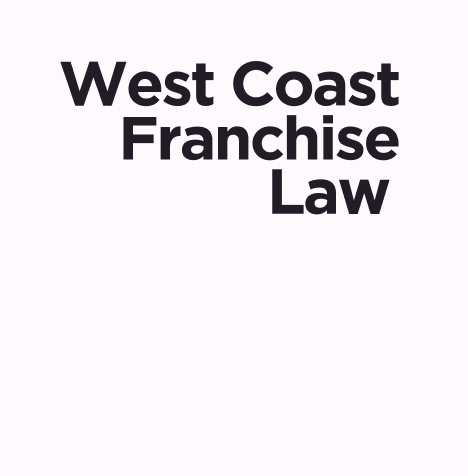Money launderers, drug traffickers, and other criminals often use shell companies to hide their activities. A federal law that takes effect this year, the Corporate Transparency Act, aims to give investigators more weapons to detect and punish these crimes.
The measure requires businesses to report to the U.S. Department of the Treasury information about their “beneficial owners,” or individuals who own at least 25% of the company or otherwise have “substantial control.” Filings must include the names, birth dates, addresses, and photos of a government-issued identification, such as a driver’s license or passport, for each beneficial owner.
The sweeping new law is expected to catch 32.6 million businesses in its net in its first year, plus another 5 million new companies in each ensuing year. The reports are due by Dec. 31, 2025.
Not surprisingly, opponents are seeking to block the new mandate. Calling it “a smart law that violates the Constitution,” a federal district court judge in Alabama overturned the law last March, ruling that it exceeds Congress’s authority. However, the ruling only applies to the 65,000 members of the plaintiff organization, the National Small Business Association, or less than 1% of businesses covered. The Treasury Department is appealing the Alabama ruling and says it will enforce the law against other businesses.
The rationale for the law is to prevent the use of layers of anonymous corporations for money laundering, drug trafficking, terrorism, and various forms of corruption. Businesses are required to file reports if they are registered corporations or LLCs or if they are a foreign company licensed to do business in the United States. The law includes a long list of exemptions, however, including many businesses in industries that are already regulated, such as banks and credit unions. Also exempt are certain “large operating companies” based in a U.S. office with more than 20 full-time employees.
More information about the law is available at fincen.gov/boi. If you have difficulty meeting the requirements or have questions about what to disclose, our firm is happy to help.

